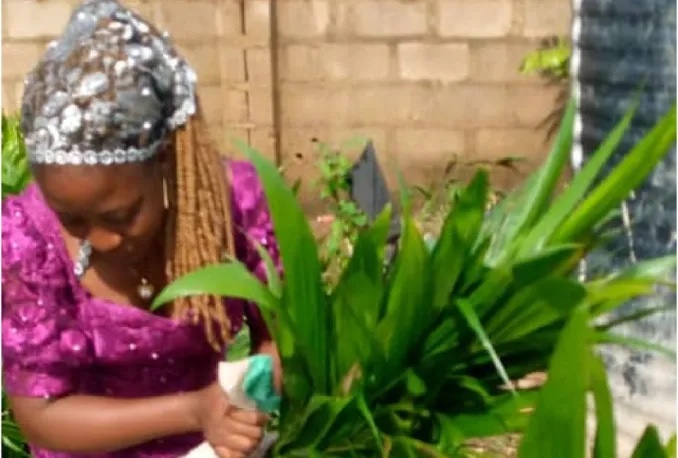More residents of Enugu State are embarking on palm-tree plantation due to the current economic realities in Nigeria, a dealer told Pecohub on Wednesday.
The lady, who identified herself as Maureen, said, “Most of the seedlings we nursed last year have been purchased. It takes at least one year to rear a palm seedling before plantation. The demand this year is too high.
“By this time last year and other years in the past, we still had many in stock. But most of us have run out of stock presently. You won’t believe!”
On the cause of the rise in demand, she said, “I think many people are realising the need to return to farm. Our people residing outside the state now buy hectares of land and plant palm trees there. It is a good business for the dealers because these buyers will come and buy as many as 10, 000 seedlings. Some will book ahead of the season.”
She said the prices of palm seedlings differ. Quoting her, “Nifor and Malaysia breeds cost around N250/N350 per stand. Nkwu Ojukwu species costs higher because it is medicinal and high in demand. It sells around N400 and above. At the beginning of this season, we were selling Nifor and Malay at N150/N200. Suddenly, the demand became higher. Those of us that sold earlier lost a lot.”
Another dealer, Ngozi, said, “The price of palm seedlings will be higher next year. We now buy the seeds to grow for next year at N30 or more. We used to buy a seed at N10. Then we buy the waterproofs, manure and loamy soil. Afterwards, we plant and nurse them for the whole dry season for next season’s sales.
“The cost of manure has increased. The cost of waterproof has also increased, and the labour therein is much. I think by next year, the price can go up to N500.”
On how they started the business, Ngozi said, “I learnt it from my parents. They live here also. So, my siblings and I were born into this business. There are over fifty full-time palm-seedling growers at Iva Valley.”
Pecohub visited Iva Valley part of Enugu where palm trees are nursed in commercial quantities. Every household has a nursery for palm trees and other seedlings, such as oranges, pawpaw, cocoanut, cashew and ornamental plants.
A buyer seen there said, “If we had realised ourselves in the past ten years, we wouldn’t be where we are today. Our people don’t invest in agriculture until recently. I planted a hectare of palm trees last year. This year, I target two hectares. The pointer is that I didn’t buy these hectares; they are my inheritance. They have been fallow since I was born. I live in Abuja, and the pressure to return home forced me to embark on palm-tree farming.
“By next four years, I’ll comfortably be a commercial palm-oil producer.”

